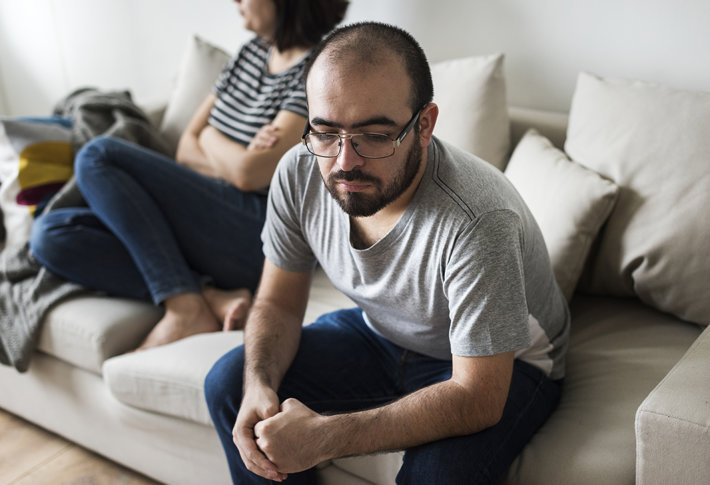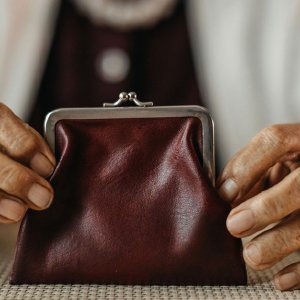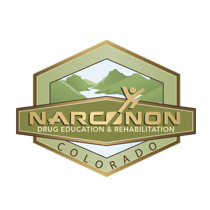Learning the Difference between Enabling and Helping an Addict

One of the hardest things a person can go through is seeing someone they love struggle with addiction.
In the beginning, most people will want to do whatever they can to help their loved one get better. Sadly, after all of the lies, disappointments and letdowns, it can be easy to want to throw in the towel when it comes to hoping someone will change.
There are many people in recovery who are alive and well today only because their family did not give up on them. But it is important to distinguish between what is going to help someone get better and what is going to enable them to keep using.
This can become a blurry line because things that seem like they are helpful are actually enabling and things that some people may consider to be enabling are actually helpful. Since it is so easy to mix up the meaning of these words, let’s start with the basics and go to the dictionary (the definitions below have been taken from dictionary.com).
Enable:
- To make able; give power, means, competence, or ability to; authorize.
- To make possible or easy.
- To make ready; equip (often used in combination).
Help:
- To give or provide what is necessary to accomplish a task or satisfy a need; contribute strength or means to; render assistance to; cooperate effectively with; aid; assist.
- To save; rescue; succor.
- To make easier or less difficult; contribute to; facilitate.
When it comes to addiction there is a significant difference between the two. Enabling allows an addict to keep using without experiencing the repercussions of their addiction. Helping an addict means doing what is necessary to assist the person in recovering from their addiction.
Here are some common ways people enable their loved ones:
1. Giving them money. Any time you give an addict money you are making it easier for them to continue drinking or using. Even if they don’t actually use the money on drugs, giving them cash allows them to use other funds they may have on drugs.
2. Giving them a place to stay. This can be a particularly tough one for many parents, but allowing an adult child to live at your place while they are actively using drugs is enabling them to continue using drugs. The reason for this is that it creates one less responsibility for them to have to worry about, which in turn gives them more time and resources to put towards their addiction.
3. Paying their bills. By paying an addict’s car or phone bill you are allowing them to use the money they would have had to put towards those bills on drugs. By not having to worry about paying bills it becomes easier to continue using without fear of financial problems.
4. Not allowing them to learn from their mistakes. When someone is consistently being bailed out by their family when they run into consequences, they are not learning from their mistakes. Why would someone be motivated to change when any difficult external factors are being taken care of by someone else?
5. Not maintaining healthy boundaries. Allowing someone to be manipulative or controlling is destructive towards everyone involved and deteriorates relationships.
Here are some ways people can help their loved ones without enabling them:
1. Helping them get treatment. The best way to help an addict is to encourage them to get help for their addiction. For many people, this means seeking out treatment. By helping an addict receive treatment you are helping them to regain control of their life.
2. Tough love. The best way to help an addict is by not helping them do things that they should be doing for themselves. This means not giving them money, not paying their bills and not giving them a place to stay while they are using drugs.
3. Supporting them in their recovery. Giving encouragement and support to an addict while they are in treatment or working on regaining control of their lives is one of the best ways to encourage success.
4. Allowing them to learn from their mistakes. If someone loses their job, phone or car because of their addiction they need to experience the results of their actions in order to learn from them. By having to find a new job or take public transportation a person will become more motivated to change.
5. Setting and maintaining healthy boundaries. Healthy boundaries provide a foundation for respectful, safe and supportive relationships.
Sometimes people are so worried about their child overdosing or not speaking to them that they will allow themselves to be taken advantage of. While it may feel difficult setting rules and boundaries, this is the only way a person can begin to realize that they need to change if they want things to be better.
Many times the only way a person becomes willing to change is when life becomes too uncomfortable for it to remain the same.
If someone is using drugs and doesn’t have to worry about paying rent or bills then why would they stop spending all of their money on drugs?
If a person continually treats someone poorly without repercussions, then why would they think it is necessary to change their toxic behavior?
If someone is making the same mistakes over and over again and is then bailed out of the consequences by his or her parents, how is that person going to learn to make better choices?
It is easier said than done, but if there is to be any sort of hope that a person can change and recover from their addiction then they will need their family to learn the difference between helping and enabling.
Sometimes we have to show the ones we love that we care enough about them to give them what they need instead of what they want.
Resources:


